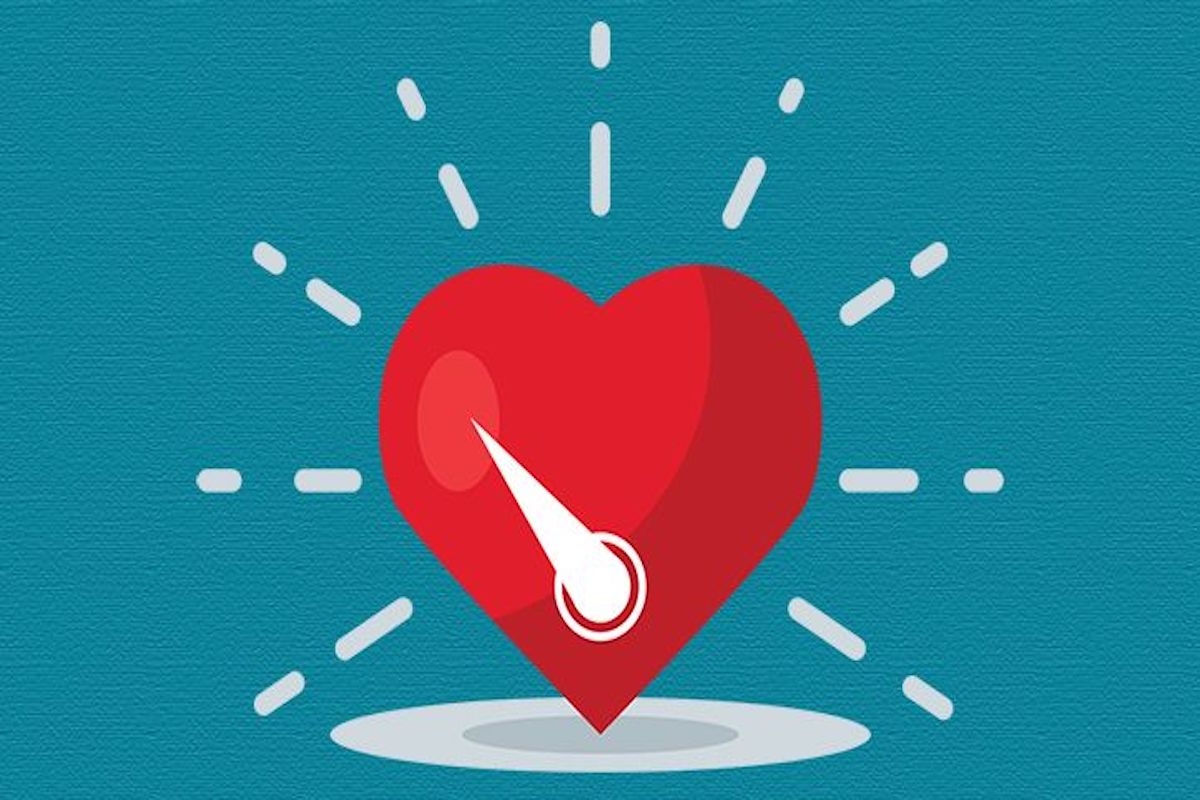Blood pressure also often mention as BP, is an important measure of our health, as it indicates the force with which blood is flowing through our arteries. While high blood pressure is often a cause for concern, low blood pressure can also be dangerous. This condition, also known as hypotension, occurs when the pressure of blood flow through the arteries is too low, resulting in inadequate blood flow to the body’s vital organs. In this article, we will discuss the 6 most common symptoms.

1. Dizziness and Fainting
One of the most common symptoms is dizziness or lightheadedness, which can result in fainting. When your BP drops suddenly, the brain does not receive enough oxygen and glucose. This leads to dizziness and sometimes loss of consciousness. Fainting can be dangerous, especially if it occurs while driving, operating heavy machinery, or in other situations where a sudden loss of consciousness can result in injury or death.
2. Weakness and Fatigue
Low blood pressure can cause weakness and fatigue, making it difficult for individuals to perform even simple tasks. This can be particularly dangerous for older adults or those with chronic health conditions. As weakness and fatigue can lead to falls, injuries, and hospitalizations.
3. Chest Pain & Shortness of Breath
In some cases, it can lead to chest pain and shortness of breath. These symptoms can indicate a heart attack or other serious cardiac event. So it’s important to seek medical attention immediately if you experience them.
4. Low Blood Pressure Increases Your Risk of Strokes
Low blood pressure can increase the risk of stroke, especially in older adults. When your BP drops, it can cause blood clots to form in the arteries, leading to a stroke. It’s important to monitor your BP regularly, especially if you have a family history of strokes or other cardiovascular diseases.
5. Kidney Damage
Low blood pressure can also cause damage to the kidneys. Which play a vital role in filtering waste from the blood. When your BP is too low, the kidneys may not receive enough blood flow, leading to kidney damage or even kidney failure.
6. Low Blood Pressure Can Lead to Shock
In severe cases, a low BP can lead to shock, a life-threatening condition in which the body’s vital organs are not receiving enough blood flow to function properly. Shock can result in organ failure, coma, and even death.
While low bp may not always be a cause for concern, it’s important to monitor this regularly and seek medical attention if you experience any symptoms. If you have a history of this condition, talk to your healthcare provider about ways to manage your condition and reduce your risk of complications. By staying vigilant and taking proactive steps to maintain your health, you can minimize the dangers and stay healthy for years to come. For more information about the condition, high BP, blood pressure chart by age, and normal BP levels, start your search here:

